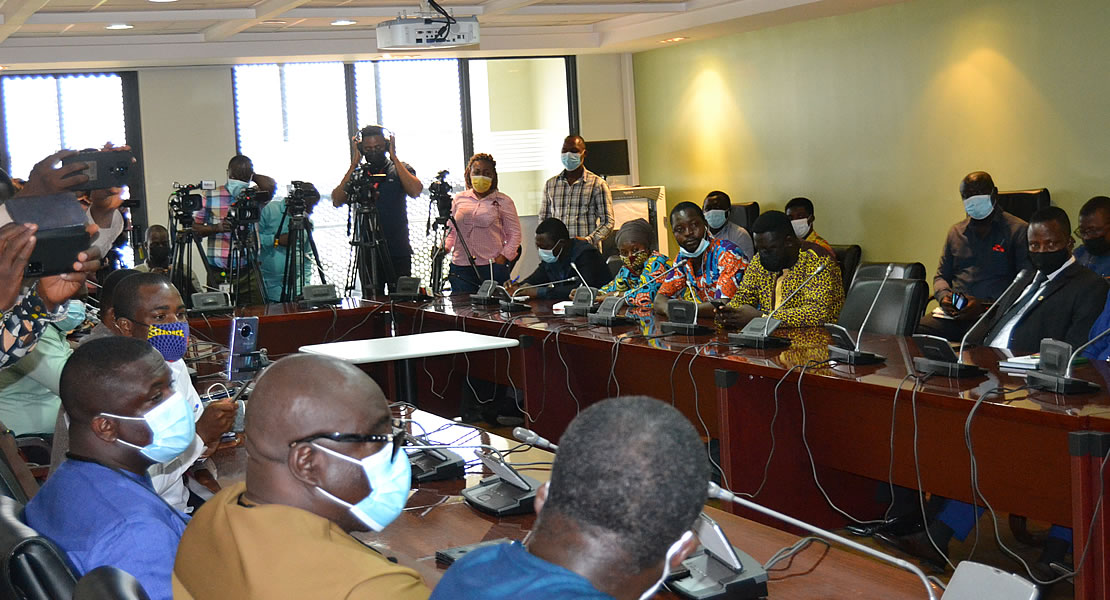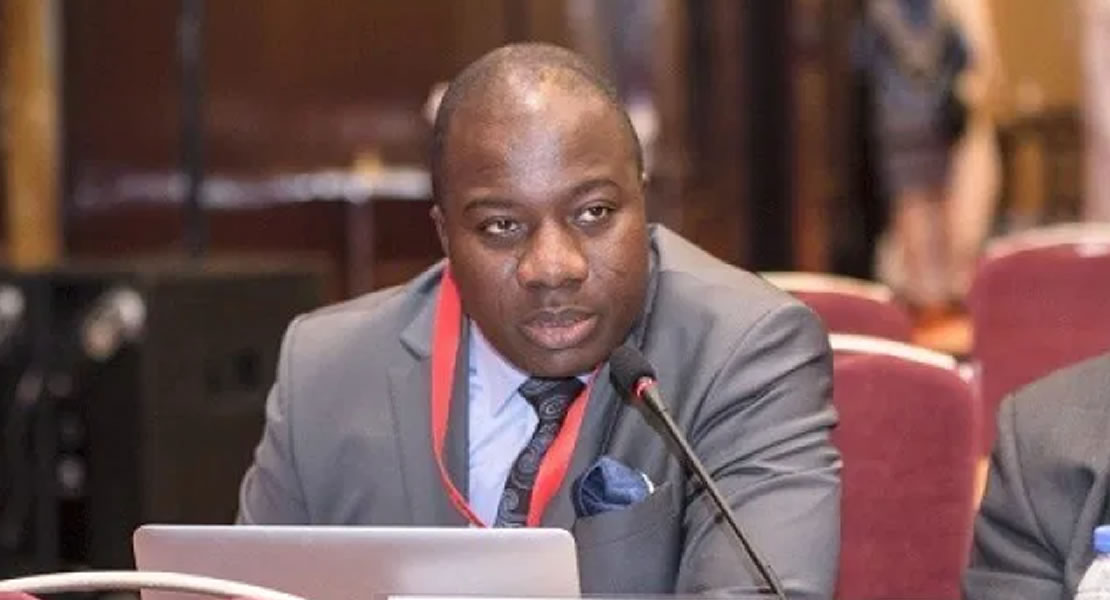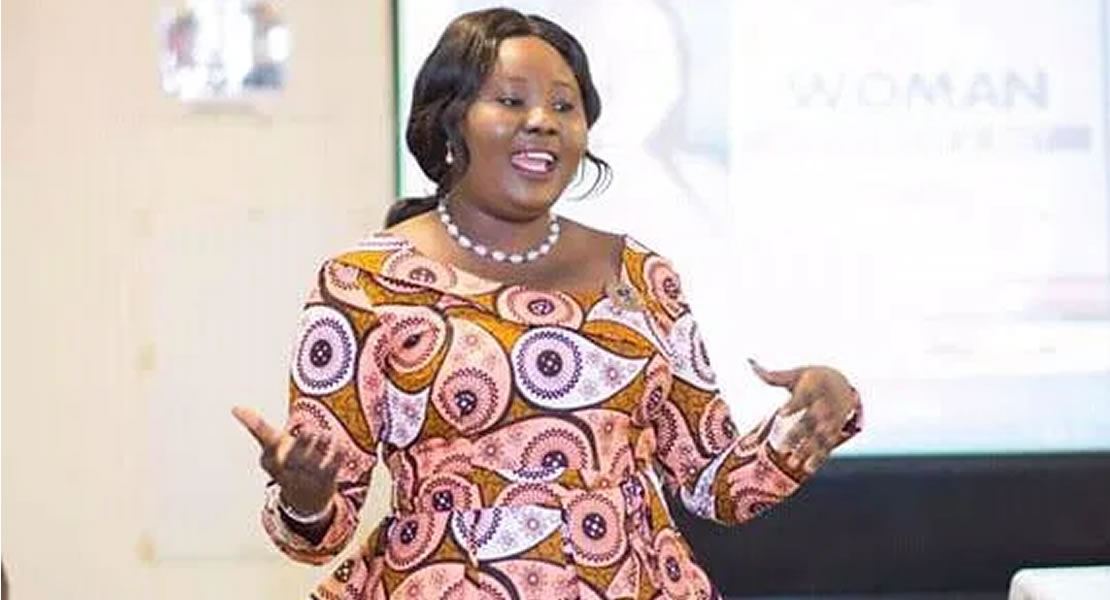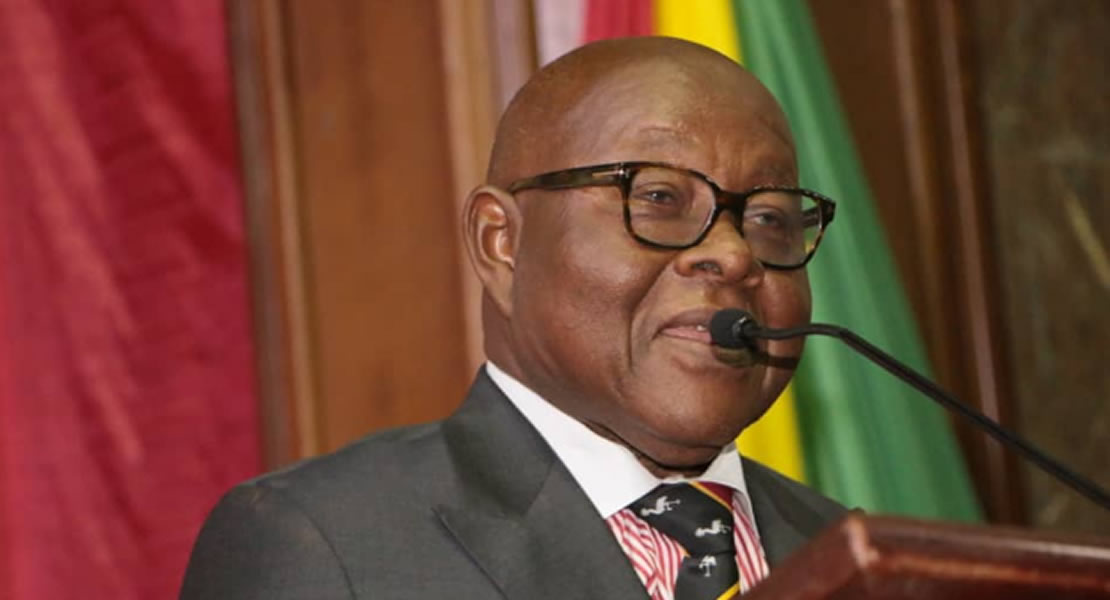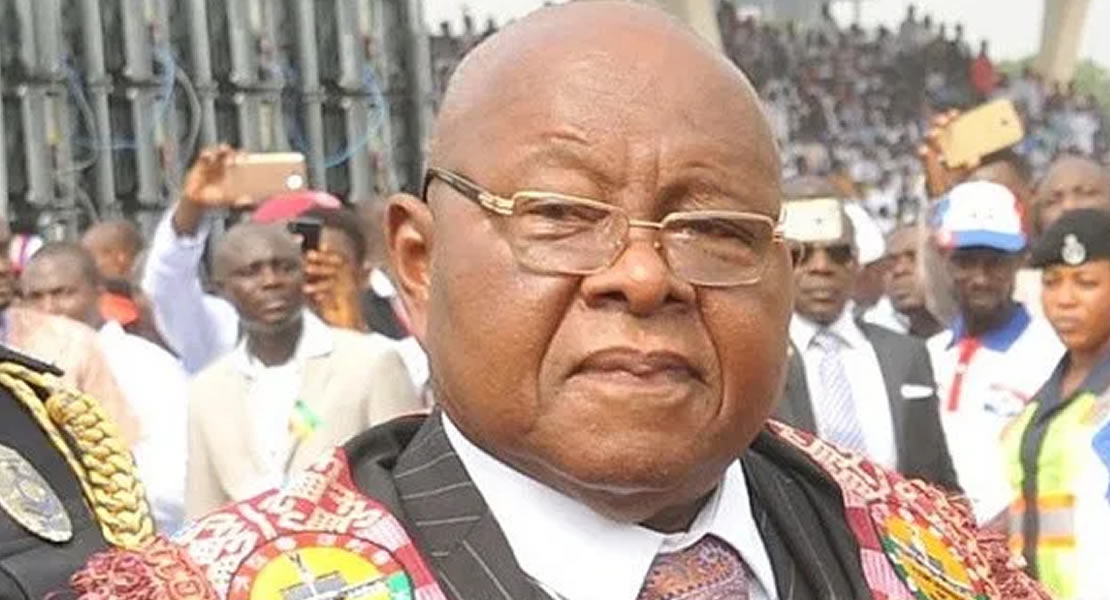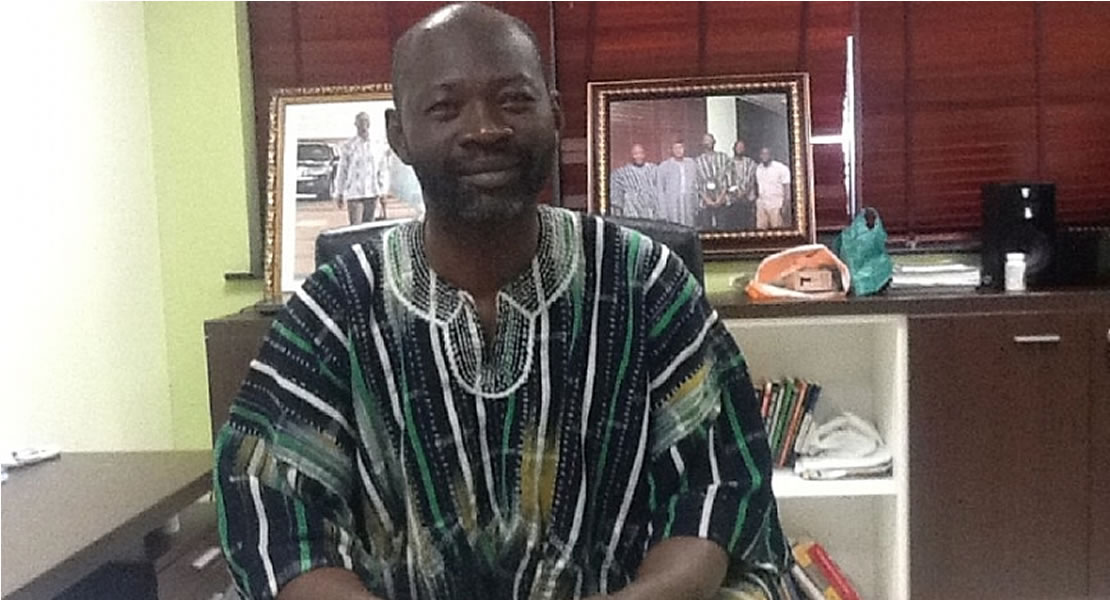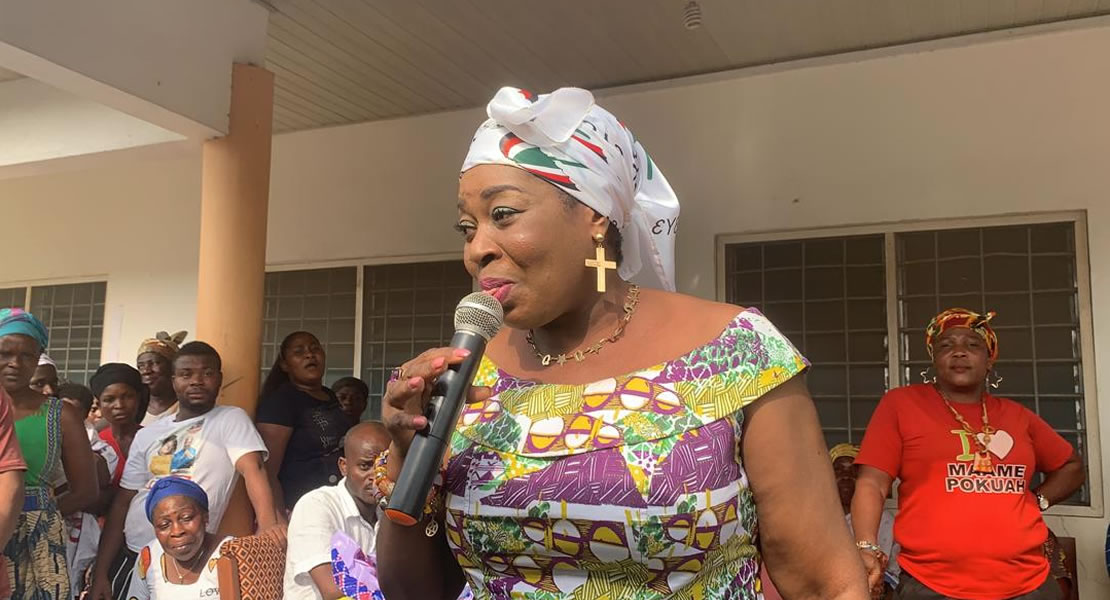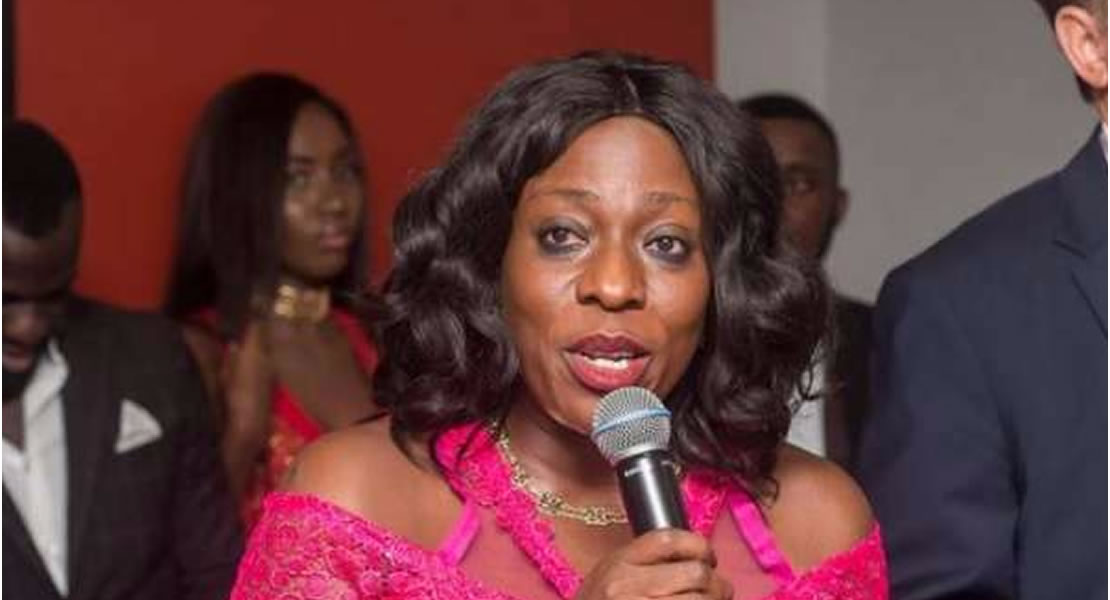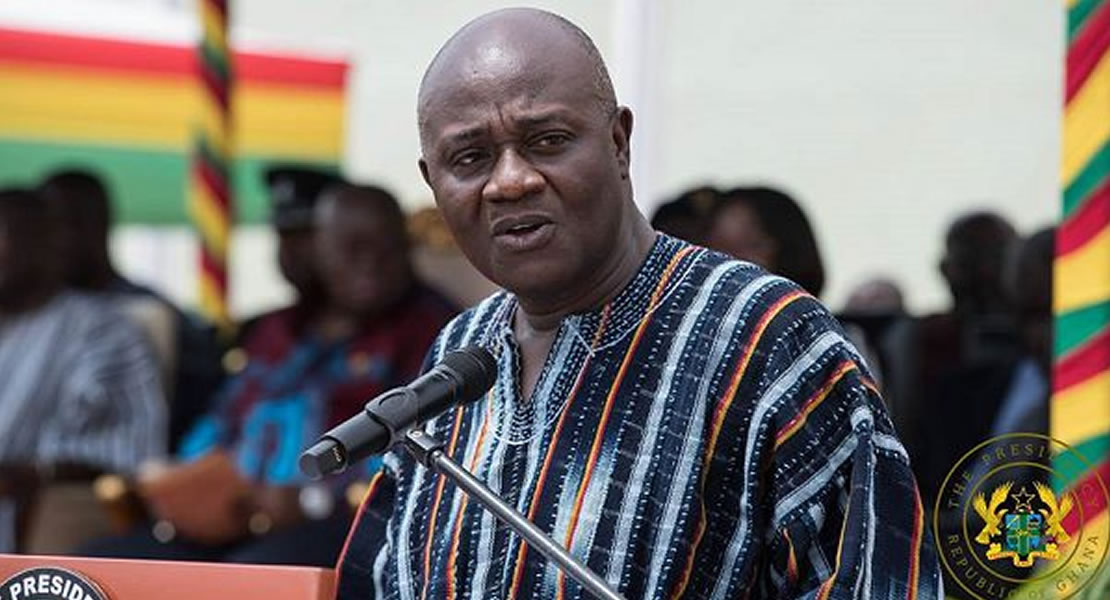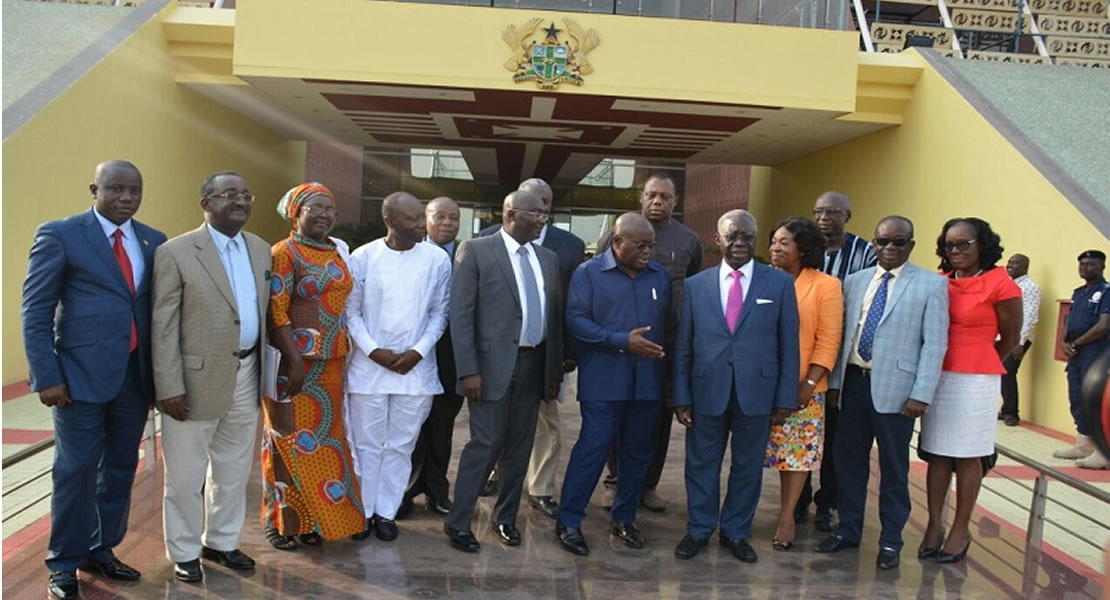The Member of Parliament for Bawku Central Mahama Ayariga has stated that the Senior Minister position created by President Akufo-Addo is unconstitutional.
In a letter addressed to the President, the former Information minister said Mr. Akufo-Addo will be offending the constitution of Ghana if he goes ahead to maintain the position in his government.
“A ‘Minister of State’ is not the same creature as a “Senior Minister”. A “Senior Minister” suggests the existence of a hierarchy among Ministers of State. There is no hierarchy among ‘Ministers of State’ appointed under articles 58 and 256. At best, there could be informal seniority protocols within government once approval as Ministers of State is given by Parliament. I am not operating in the realm of protocols now. I am asking that we pay attention to the dictates of the language of our Constitution when communicating to other constitutional bodies and arms of government,” he wrote.
He is therefore appealing to the President to reconsider the appointment.
Below are details of the letter
IN THE MATTER OF THE UNCONSTITUTIONAL NOMINATION OF HON YAW OSAFO-MARFO FOR APPOINTMENT AS “SENIOR MINISTER”
Mr. President.
I have taken time to write you this letter because you have asked us to be “citizens not spectators”. Citizens insist on fidelity to the Constitution, which is the basis of every constitutional authority and power exercised. “Sovereignty of Ghana resides in the people of Ghana in whose name and for whose welfare the powers of government are to be exercised in the manner and within the limits laid down in this Constitution”.
Ghanaians should be made aware that every constitutional power and authority exercised by a President is spelt out in the constitution (or some other law) and the manner in which it is to be exercised is equally laid down. It should therefore not be confusing to non-lawyers when they are told that a power bestowed on a President has been exercised in a manner not laid down in the Constitution. Constitutionalism is concerned with both form and substance.
I write to draw your attention to the constitutional issue arising from your nomination of Hon Yaw Osafo-Marfo for vetting to be appointed “Senior Minister”. I tried to raise the issue in Parliament and at the preparatory meeting of the Appointments Committee of Parliament. My motives are purely to promote adherence to the dictates of our Constitution that Mr. President swore to “… at all times preserve, protect and defend…” I also swore to do the same thing in my Oath of Allegiance as a Member of Parliament.
Remember that breach of the constitution is one of the grounds on which you may be removed from office. We, therefore, have a common duty but sometimes we may have an uncommon understanding of the true meaning of the dictates of the words that enact the authority and powers of a President or any other officer created by the Constitution.
The nomination of any person to be vetted for the post of a “Senior Minister” constitutes a constitutional aberration. The simple reason is that nowhere in the Constitution does the office of ‘Senior Minister’ exist. The Senior Minister post which you have created is demonstrably analogous to the office of Prime Minister. I will show, from a review of the history of the enactment of the 1992 Constitution that there was a very conscious decision to avoid creating any office similar to that of a Prime Minister. The idea of having a Prime Minister was explicitly turned down.
Chapter 8 of the Constitution of Ghana 1992 establishes the Executive branch of government and spells out the offices, which shall constitute that branch. Articles 76, 78, 79, 80, 81, 82, 88 and 256 of the constitution deal with matters relating to the posts of a ‘Minister of State’ and a ‘Deputy Minister of State’. Some of those provisions often refer to the term ‘Minister’ or ‘Deputy Minister’ when making references to the post of a ‘Minister of State’ or a ‘Deputy Minister of State’ respectively and omitting the expression: ‘of State’.
A ‘Minister of State’ is not the same creature as a “Senior Minister”. A “Senior Minister” suggests the existence of a hierarchy among Ministers of State. There is no hierarchy among ‘Ministers of State’ appointed under articles 58 and 256. At best, there could be informal seniority protocols within government once approval as Ministers of State is given by Parliament. I am not operating in the realm of protocols now. I am asking that we pay attention to the dictates of the language of our Constitution when communicating to other constitutional bodies and arms of government. Co-equal arms of government are guided in the exercise of their own functions by the dictates of the same Constitution. Remember that in the case of the requirement of ‘prior approval’ by Parliament, the Supreme Court said in Mensah versus Attorney-General that Parliament had to respect the language and act accordingly and not just retain Ministers of the previous government because that was not what ‘prior approval’ meant.
Literally and ordinarily the word ‘senior’ means ‘higher in standing or rank’ relative to another Minister of State. But our constitutional governance architecture only recognizes a ‘Minister of State” who the Constitution sometimes refers to as a ‘Minister’. Ordinarily also, the word ‘senior’ is used to show that one person is more advanced in age than another. The Constitution does not make that differentiation when it comes to ministerial appointments. Being advanced in age does not entitle you to be vetted by Parliament and given the accolade of ‘Senior Minister”.
Mr. President cannot simply say that appointing someone as “Senior Minister” means nothing. If that is the case then simply nominate him to be a ‘Minister of State’. Why the discrimination? You consciously seek to elevate Hon Yaw Osafo-Marfo to a status akin to that of a Prime Minister. I have, myself, heard Hon Yaw Osafo-Marfo grant interviews and say on radio that he is going to oversee the work of other Ministers of State you have nominated, especially for the economic sectors. That is to say that he will superintend over the work of other Ministers of State. That interview betrays the real motives for creating the ‘Senior Minister’ post. It is going to function very much the same way as a Prime Minister. Hon Yaw Osafo-Marfo does not understand that you don’t intend to breach the Constitution by creating a Prime Minister status for any one particular Minister of State, if mu assumption is right. For him, it is not a mere accolade based on his age and wealth of experience.
A proposal was made to the framers of our Constitution to create the post of a Prime Minister and it was rejected. The Consultative Assembly that drafted the final constitution rejected the creation of the office of Prime Minister or any post akin to it. The creation of our Constitution itself went through several stages. There was a nation-wide gathering of public views on the form of government we should constitute for ourselves by a National Commission for Democracy which presented a report on “Evolving a True Democracy” on 25th March 1991 to the PNDC. On July 31st 1991, A Committee of Experts chaired by Dr. S.K.B. Asante presented “Proposals for a Draft Constitution of Ghana” to the Provisional National Defense Council (PNDC). Then a Consultative Assembly debated the Draft Constitution and came out with a final Constitutional proposal, which was put to a referendum at which Ghanaians voted. The final outcome is this 1992 Constitution.
The Committee of Experts led by Dr. S.K.B. Asante proposed a “split executive” system comprised of a President elected by universal adult suffrage and a Prime Minister. They had actually been instructed by the PNDC in PNDCL 252 to consider that option of a President elected by universal adult suffrage in addition to a Prime Minister who must command a majority in the National Assembly. These two would work together. The Prime Minister was to “… be the head of Government administration and should supervise and co-ordinate the work of Ministers of State and of the Council of Ministers.
He or she should be the leader of Government business in Parliament, and should generally assist the President in the execution of the functions of Government”. (Emphasis mine) (Report of the Committee of Experts (Constitution) on Proposals for a Draft Constitution of Ghana, page 13) These proposals were presented to the Consultative Assembly set up under the Consultative Assembly Law, 1991 (PNDCL 253). After extensive debates on the proposals contained in the Committee of Experts’ Report, the Consultative Assembly rejected the idea of a post of Prime Minister.
Another proposal of Council of Ministers headed by the proposed Prime Minister was equally rejected. A Cabinet, as presently constituted, was rather proposed in the stead of the Council of Ministers. This Cabinet will be made up of the President, Vice President and not more than 19 Ministers.
In the language of the Report of the Committee of Experts, the proposed Prime Minister was analogous to a “Deputy Chief Executive of the nation.” (Page. 13). In the original proposals of the Committee of Experts, the post of a Vice President, as we presently have it in the 1992 Constitution, was not considered at all. Now that we have a Vice President who is the real “Deputy Chief Executive of the nation” we cannot be entertaining acts aimed at circumventing the status of the constitutionally elected Vice President.
The Consultative Assembly rejected the idea of a Prime Minister or anything akin to it. That has informed the practice of constitutionalism of the National Democratic Congress (NDC). That is why each time NDC is forming government there is no proposal to appoint anyone to a status akin to the position of a Prime Minister such as a “Senior Minister”. The political grouping from which the New Patriotic Party (NPP) is lineally descended boycotted this constitution making process.
It is therefore does not come as a surprise that anytime the NPP comes into office, as we saw in the case of Ex-President J. A. Kufour, they come back with this “Senior Minister” position to fill in the place of a Prime Minister. An idea that was totally rejected by Ghanaians during the Consultative Assembly debates and was never an option presented to Ghanaians for enactment in our Constitution during the referendum. That post undermines the role of the Vice President.
The 1992 Constitution of Ghana makes no provision for a hierarchy of ministers among Ministers of State. The idea of a particular minister being higher in status than other Ministers of State is an anathema to our Constitution right from the beginning. At most, we have some of the Ministers (not more than 19) being in Cabinet and the rest being Ministers of State who have no cabinet membership. It is in the recordings of minutes of cabinet meetings that you notice the difference when the 19 ministers are recorded as ‘Members of Cabinet’ and the rest are said to be “in attendance” only.
In exercising the President’s appointing authority, where prior approval of parliament is required, fidelity to the clear textual prescriptions of our Constitution is critical. Article 1 of our Constitution provides that, “…the powers of government are to be exercised in the manner and within the limits laid down in this Constitution”. Your power to appointment Ministers is clearly circumscribed within the confines of article 78 and 256 of the Constitution. So is the power of Parliament to approve. Parliament can only approve nominations for ‘Ministers of State’ to be appointed. Indeed, that is why article 295 (1) defines a “Minister” as “… a Minister appointed under article 78 or 256 of this Constitution”. Those two articles only mention “Minister of State” not “Senior Minister”.
Parliament can only vet nominees to the posts of ‘Minister of State’ because that is what the text of the Constitution says. Parliament itself cannot arrogate to itself the authority to vet for offices not created by the Constitution or validly enacted by a separate Act of Parliament. In the practice of ministerial nominations, it is often stated that a nominee has been ‘designated’ to handle a stated Ministry. That simply helps Parliament in the vetting process as it narrows down the scope of the areas within which that nominee will be interrogated to determine capacity to do the work.
Otherwise, strictly speaking, the President can simply say he is nominating a person for approval as a ‘Minister of State’ and leave it at that and he would have complied with the language of the Constitution. But the President cannot nominate someone to be appointed as a “Senior Minister”. Within the corridors of the Flagstaff House, younger Ministers of State may call any of their colleagues a ‘Senior Minister’ in deference to his or her age but that is different from an official communication by the President to Parliament in exercise of his powers pursuant to articles 58 and 256 of the Constitution requesting that a person advanced in age be vetted for approval by Parliament to be appointed as “Senior Minister”. It is ultra vires the powers of the President under our Constitution. This equally bars Parliament from proceeding.
Assuming we let it pass today that we can have someone appointed as a ‘Senior Minister’ and that is perfectly right within the 1992 constitution then what stops another President from appointing someone tomorrow to be vetted for appointment as a “Prime Minister”? And who says that “Senior Minister” is not a term of art? In its signification among governance experts, “Senior Minister” is almost synonymous with “Prime Minister”. Can future Presidents send a communication to Parliament requesting that a nominee be vetted for appointment as “Super Chief Justice” or even “Senior Supreme Court Justice” pursuant to article 144 of the Constitution?
If we accept Your Excellency’s conduct today then one day we will be called upon to vet a nomination for “Senior Supreme Court Justice” (whatever that will mean) and questions cannot be raised. Fidelity to our Constitution and the nomenclature therein is extremely important especially for a President who before assuming office has to take a Presidential Oath to “… at all times preserve, protect and defend the Constitution of the Republic of Ghana…” What is happening is a mutilation of the Constitution. And it is needless. It is constitutionally mandatory for Mr. President to adhere to the appropriate nomenclatures when requesting approval from Parliament.
Your Excellency, I have not forgotten the bad precedent set by Ex President John Agyekum Kufour in nominating Hon J. H. Mensah, his brother-law, for appointment as “Senior Minister” which the then Parliament accepted. Now that we have heeded to your call to be citizens and not spectators it is time to rise up to the occasion and correct our errors – his then and now yours. I am very hopeful that this matter will not end up in the Supreme Court.
If it does, am sure it will be an opportunity for the Supreme Court to pronounce that their decision in Tsatsu Tsikata versus Attorney-General, in the matter of the constitutionality of the creation of the ‘Fast Track High Court’, was not intended to provide unbridled license to any President or for that matter any appointing authority to wantonly abandon the clear textual prescriptions of our constitution in the naming of officers and institutions. Now that almost all the High Courts are getting automated will the species of courts know as ‘High Courts’ survive as a judicial nomenclature? I fear there will soon be no ‘High Court’, only “Fast Track High Court”. And will it be ok for me to file an application before the “Automated Supreme Court”? Words used in the Constitution to describe officers and institutions have their significations.
I have combed around the world to see where else the term ‘Senior Minister’ is used and found some useful precedent in Singapore that is largely a Parliamentary System with a Prime Minister heading cabinet and a President with ceremonial powers. A gazette notification is issued announcing the designation of a Minister as a ‘Senior Minister’ and his or her functions clearly spelt out in the gazette notification. Nothing is there to show that they were submitted to their Parliaments for vetting as Senior Ministers. In one case the title of ‘Senior Minister’ was conferred on an ex-Prime Minister when he ceased to be a Prime Minister. They also have a designation of a Coordinating-Minister.
The practice in Singapore is understandable because they have a largely parliamentary system in which the Prime Minister is the head of the ministers in terms of hierarchy and actually exercises executive authority. The situation is clearly different in Ghana where the constitution is explicit in its enactment of the offices of Ministers of State and Deputy Ministers of State and does not create a hierarchy of Ministers. To create a Senior Minister’s post amends the constitution and Mr. President would be breaching the very oath of office that is the basis of your authority as Head of State.
Mr. President, permit me to say that Hon Yaw Osafo-Marfo is an excellent gentleman with vast experience who might bring a lot to your government. Unfortunately, within the context of our Constitution, you cannot give him a ministerial status higher and above the status of a ‘Minister of State’. I believe Hon Yaw Osafo-Marfo will understand the high regards you have for him and will not be offended if you make the correction needed to enable an incident free vetting. Given his exceptional qualities, I believe an automatic parliamentary approval of his nomination for appointment as a ‘Minister of State’ is guaranteed.
Alternatively you can copy the good practice of the NDC government. The National Development Planning Commission (NDPC) set up by article 86 of the Constitution will be the best place for Hon Yaw Osafo-Marfo. That is where we put Dr. Kwesi Botchwey. I am not even saying the former has attained the stature of the latter. But if you want to elevate him above Ministers, especially those Ministers of State manning the economic sectors, I suggest that you appoint him to chair the NDPC.
He will superintend over the Minister of Finance and all other Ministers of State, as you may desire. He will even have the Government Statistician, the Governor of the Bank of Ghana on the Commission and many more eminent persons who you can gather on the Commission for him to run a constitutional empire. I urge you to look at the functions of the NPDC and you will find that a fine brain and experienced hand like Hon Yaw Osafo-Marfo will be an excellent candidate.
Please accept, Your Excellency, my highest regards and well wishes for your Presidency.
Sincerely,
